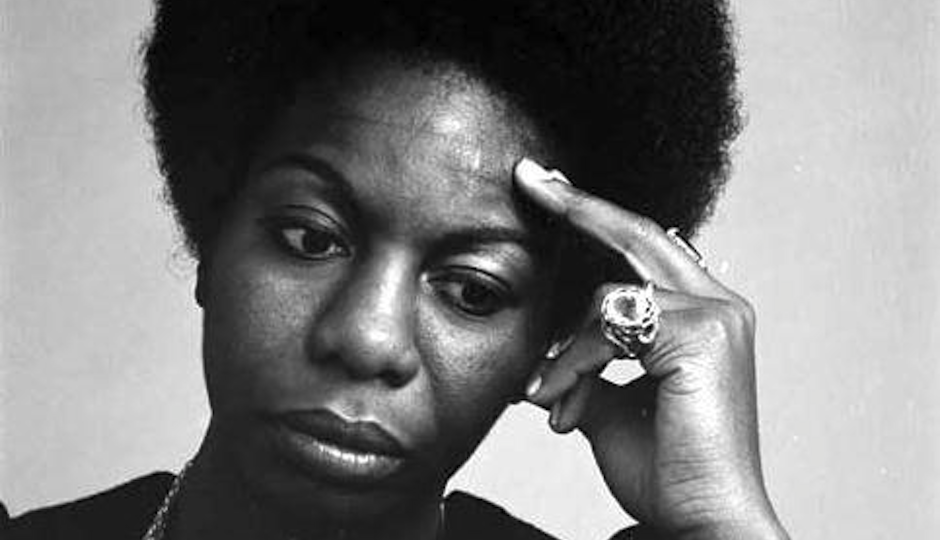What Happened, Miss Simone? Recalls Philly’s Racist Past

From NinaSimone.com
Nina Simone wanted to be a classical pianist. In fact, the iconic star that we know as a soulful singer never wanted to sing.
These and many, many more revelations about the late performer can be found in the totally gripping Netflix-produced documentary What Happened, Miss Simone? The film chronicles the, at times, painful life of Simone—the suicidal thoughts, the terrible abuse of her husband, her manic-depressive behavior. What makes the documentary so effective is the huge amount of archival footage from interviews and live performances that you most likely have never seen before, even if you are a staunch Simone fan.
https://www.youtube.com/watch?v=moOQXZxriKY
But I was unaware of just how much Philadelphia played into Simone’s demons until watching the movie. Of note, her dream of becoming a classical pianist was all but destroyed once she made her way to the City of Brotherly Love for an audition at the esteemed Curtis Institute of Music. She was rejected, not because of her skill, but because she was black.
“Mommy’s application to the Curtis Institute in Philadelphia was rejected not because of any talent she lacked but because of her skin color,” her daughter Simone said in an interview several years ago. “The rejection was a huge blow considering attending this prestigious music school had been a goal she’d worked very hard to achieve. She never got over it.”
Indeed, the rejection truly was earth-shattering to Nina Simone: The film shows countless interviews where Simone mentions how she “always wanted to be a classical pianist” and how she wished her life would be different. In fact, to make a living, Simone picked up playing piano at a string of late-night bars in Atlantic City. It wasn’t until one of the owners told her that she had to sing in order to keep her job that she started belting what has become her signature voice.
Of course, the rejection from Philadelphia wasn’t the only thing that impacted Simone: The film shows just how deeply disturbed she was by police brutality and racism in the South. In fact, her daughter recalls how, after her mother performed “Mississippi Goddam,” Simone told her that her voice would never be the same again, that her voice “broke.”
https://www.youtube.com/watch?v=fVQjGGJVSXc
But one can’t stop and wonder what would have happened if Simone had actually gone to Curtis and lived her dream. Ironically, several days before her death, Curtis Institute awarded Simone an honorary degree. It’s a token that came too late in a troubled life that brought so many listeners soulful tunes to live by.


